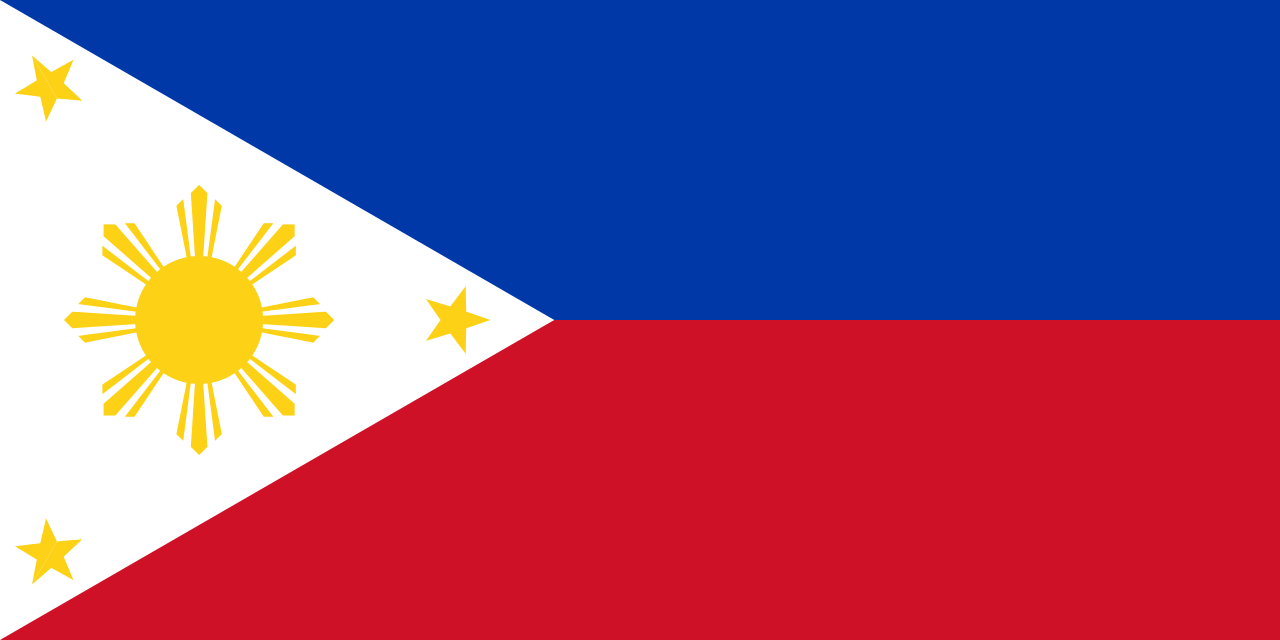CITY OF TABUK, Kalinga, Philippines – The Department of Trade and Industry (DTI) recently presented to stakeholders in the province the 6-year Philippine Coffee Roadmap and the Cordillera coffee industry development plan which aim to increase income for all coffee industry players from production to processing.
DTI Cordillera Assistant Director Grace Baluyan informed members of the Provincial Coffee Council, cooperatives and coffee enterprisers that the national Coffee Roadmap targets to increase production and expand plantation areas in six years.
At the end of the target term, it is expected that coffee growers have increased their average yield of one ton per hectare, supplied the needed volume of 214,626MT with self-sufficiency level from 41.60 percent and have increased farmers’ income and farm productivity.
Salient features in the presentation are the expected contributions of concerned government agencies, quality and availability of planting materials to improve inputs, enhanced farm efficiency and investment to increase farm production, improve market price, and support services for enabling environment.
Baluyan also presented the Cordillera coffee industry development plan, the localized national coffee roadmap. She explained that by 2022, per coffee tree shall produce 2.4 kilograms of coffee beans and increased production from 6,631 has. to 32,000 has.
The plan also aims to increase coffee farms by 30%, to form one coffee organization per municipality, to establish two coffee shops per tourist town, to produce six new quality products; and to generate 10% share to national production, Baluyan said.
In each province in CAR, there shall be one accredited seedling supplier and one secondary processing center. For this province, the Kalinga State University serves as the seedling supplier.
Baluyan shared that Kalinga province is the biggest coffee producer in the Cordillera region contributing 3,480 metric tons or 67% of the total regional produce. Total area planted is 3,429 hectares or 52% of the total regional production area.
The region produces about 5,300 metric tons from 6,631 hectares of plantations. Robusta accounts for 87% of the total produce from four coffee varieties grown in the Cordilleras or 4,534MT harvested from 5,787 has. Robusta coffee plantation.
Peter A. Balocnit


















